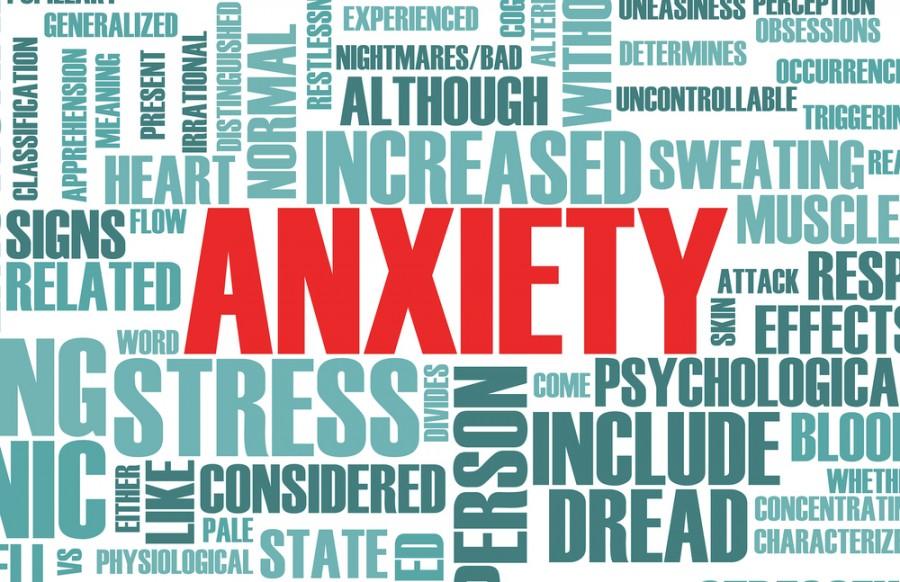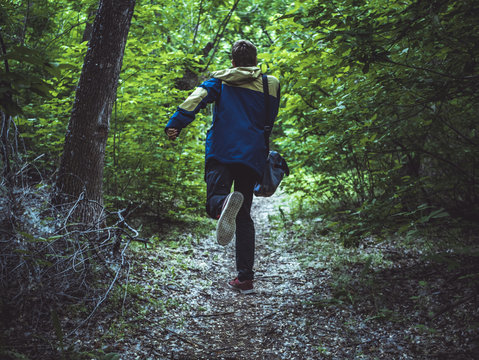Ways to Deal with Stress and Anxiety
January 21, 2016
We’re all high school students and we’ve all experienced some sort of anxiety or stress whether school related or not. The sources can be from an upcoming test, bickering among friends, or problems in a relationship. Some feelings of anxiety and stress will diminish within a few minutes and are easier to cope with than others. But, other feelings of anxiety and stress can last longer and leave you exhausted by the time they pass, or even be intense and lead to a panic attack. Sometimes these reactions can’t be prevented, but the times they can be, it’s best to know tricks to help avoid and prevent overwhelming stress and anxiety. And so, here are a few tips and tricks to help cope with stress and anxiety!
- Start a Journal
As simple as it sounds, it helps. Now, it’s not the type of journal you fill with your deepest secrets or who your crush is, but rather about your day. A simple written down record of what happened and when, or if, you felt stressed or anxious. As the days go on and you continue to write in the journal about each day, you may be able to figure out the little things that make you stressed or anxious. These observations from day to day can reveal something you didn’t even realize made you feel that way. You can also use the journal to record your running thoughts or aid you to remember the thoughts you had when you feel a rush of anxiety fall upon you. Also, the act of writing your chain of thoughts onto paper may actually help you see why you reacted in such a way and at times. A journal can help you analyze your life and thought process better to help you know what sort of things trigger you and how to react better or calm yourself more easily in that situation next time around.
- Breathing Exercises
These exercises is definitely more for the times in which you may be having a panic attack and can’t help yourself from having short and shallow breathes. Yet when you try to take deep breathes, you find that you can’t and become even more fearful making your breathing even worse. While this tip may be hard to remember in such a situation, it may be good for a few of your companions aware of this as well to help guide you through these exercises when in a state of panic. The first exercise is called belly breathing. The belly breathing technique begins with placing a hand above your belt line and the other on your chest. Then sigh, sigh softly and slowly, this will help relax the muscles in your upper body which were straining due to the quick and shallow breathes. After sighing, pause for a moment and close your mouth, after a few seconds inhale through your nose by pushing your stomach out. Once you’ve inhaled the amount of air you find suitable, hold for however long you need and feel comfortable with. Finally, exhale through your mouth by pulling your stomach in. Also, keep in mind to breath slower than before because you’re taking larger, deeper breathes. You need to pause once more after you exhale before repeating the process all over once more. Secondly, is the measured breathing technique. Before you begin, try to soften up a bit more and relax your shoulders and jaw. Then breath in through you nose slowly for four seconds before holding that breath, then exhale slowly and smoothly for seven seconds. Remember to keep your muscles relaxed and repeat this process a few times more.
- Exercise and Sleep
We are all aware that maintaining an exercise routine improves our physical health, but exercise can have many results. A regular routine of healthy exercise can improve your mental health greatly as well. It has been proven that exercise can reduce stress levels, boost self-esteem, improve one’s mood, and increase energy levels. Plus, when you exercise your brain releases endorphins that rewards the mind and makes your happier and reduces physical pain. And while you want to get moving, it’s also good to rest up. The effects of bad sleep or lost hours of sleep can be an increase in stress, anger, sadness, and exhausted. Due to these effects, it’s easy for one to have a stronger more prevalent sense of anxiety and stress. However, if you’re able to sleep a healthy amount the benefits are numerous! A healthy amount of sleep improves memory, spurs creativity, increases athletic potential, increases your life span, aids in focus, and most importantly reduces stress and help you steer clear of depression.
There are many ways to help cope and reduce stress and anxiety and these are just a few. Though, nothing is better than talking to someone and opening up about how you feel. It may be hard to address and talk about, but it’s one of the best things to do. When you feel close enough to someone whether a friend, parent, or partner, they become aware and are able to help you through times of anxiety and stress rather than having to deal with it by yourself. You should never be ashamed or scared to ask for help if you need it because more people have felt the same way then you think. All in all, make sure to take care of yourself, stay optimistic, relax, and remember, hakuna matata!
















